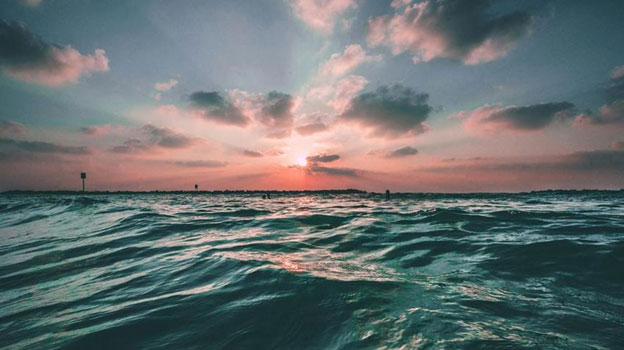
1. Ocean Crisis Hits Home: UN Conference in Nice Demands Urgent Funding for Oceans
Nice, France — As the world gears up for the Third United Nations Ocean Conference (UNOC3) in June, leaders, scientists, and stakeholders are gathering in Nice to address the escalating crisis facing the world’s oceans. With sea surface temperatures soaring, coral reefs dying at record rates, and microplastics contaminating 60 percent of fish, the conference’s urgent theme is “Accelerating action and mobilizing all actors to conserve and sustainably use the ocean.”
Despite the ocean’s central role in human health, SDG 14—dedicated to ocean conservation—remains the least funded UN goal, receiving only 0.01% of all SDG funding. Key pre-conference events will focus on ocean science, blue economy financing, and a new coalition to address rising sea levels threatening 900 million people. The conference aims to ratify the High Seas Treaty, expand Marine Protected Areas, and push for a binding global plastics treaty, demanding ambitious international cooperation and immediate action.
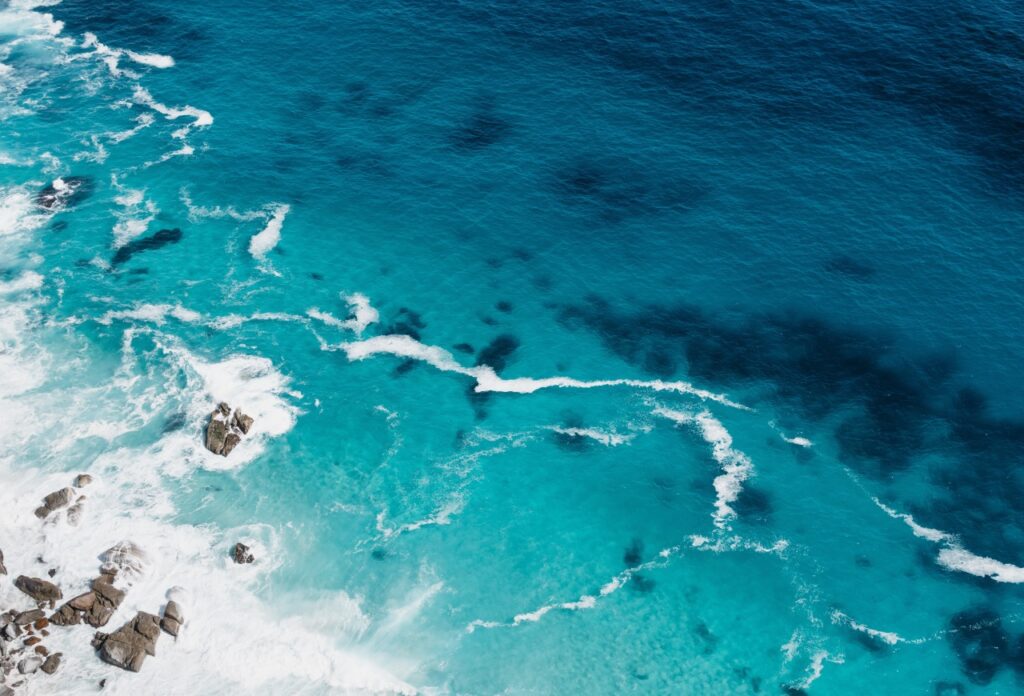
2. Blue Economy Investment Surge: Ocean Funds Grow 463% as New Financing Waves In
Amsterdam, Netherlands — The blue economy, long one of the most underfunded UN Sustainable Development Goals, is finally catching the eye of investors, according to a new report from Phenix Capital Group. Over the past decade, the number of funds dedicated to ocean health has skyrocketed by 463%, with €69 billion raised for blue economy funds. Despite this surge, oceans still face a $149 billion annual funding gap to achieve SDG 14, as only 6.6% of impact funds tracked by Phenix focus on the sector.
New financing options, blue bonds, and debt-for-nature swaps are driving momentum, with the blue bond market projected to hit $70 billion by 2030. While 37% of ocean-focused funds also target multiple SDGs, experts say more dedicated investment and awareness are needed—especially in blue foods, where demand is set to nearly double by 2050.
Thank you for your generous gift that will help us continue the production of this weekly, free publication
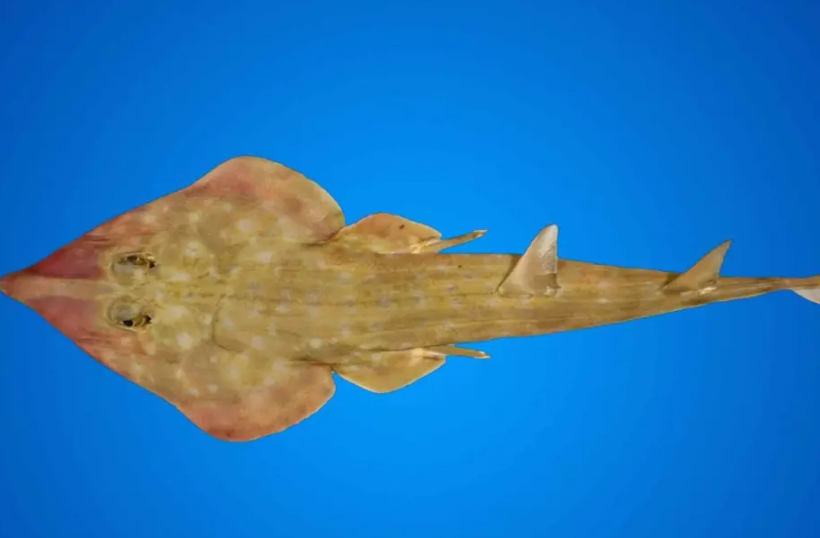
3. Guitar-Shaped Ray and Hundreds of New Ocean Species Discovered in Deep-Sea Exploration
Los Angeles, United States — In a sweeping global effort, scientists have uncovered 866 previously unknown ocean species, including a striking new guitar-shaped ray discovered at depths of around 650 feet. Led by David Ebert of the Pacific Shark Research Center at Moss Landing Marine Laboratories, the Ocean Census project highlights how little of the ocean’s biodiversity has been cataloged—only about 10% so far, with up to 2 million species still undocumented.
The discoveries span from venomous turrid gastropods off New Caledonia and Vanuatu, which may inspire new medicines, to a unique octocoral genus found in the Maldives. Experts warn that slow documentation puts fragile species at risk, but new digital platforms and international collaboration are accelerating the process. Researchers stress that rapid species identification is vital for marine protection, climate adaptation, and sustaining fisheries, with more expeditions planned for 2025.

4. Ocean Heatwave Emergency: Scientists Warn of Unprecedented Marine Threats
Washington, United States — Scientists are sounding the alarm as global ocean temperatures reach record highs, triggering an unprecedented marine heatwave that threatens ecosystems worldwide. According to a new study published in Science, the world’s oceans are absorbing excess heat at a rate never seen before, fueling mass coral bleaching, disrupting fisheries, and endangering marine biodiversity.
The research reveals that 2023 saw the hottest ocean temperatures on record, with some regions experiencing heatwaves lasting months. These extreme conditions are not only devastating coral reefs and kelp forests but are also impacting food security and coastal economies. The authors urge immediate action to reduce greenhouse gas emissions, warning that without rapid intervention, the frequency and severity of ocean heatwaves will continue to rise. The study calls for global cooperation and stronger climate commitments to safeguard ocean health for future generations.
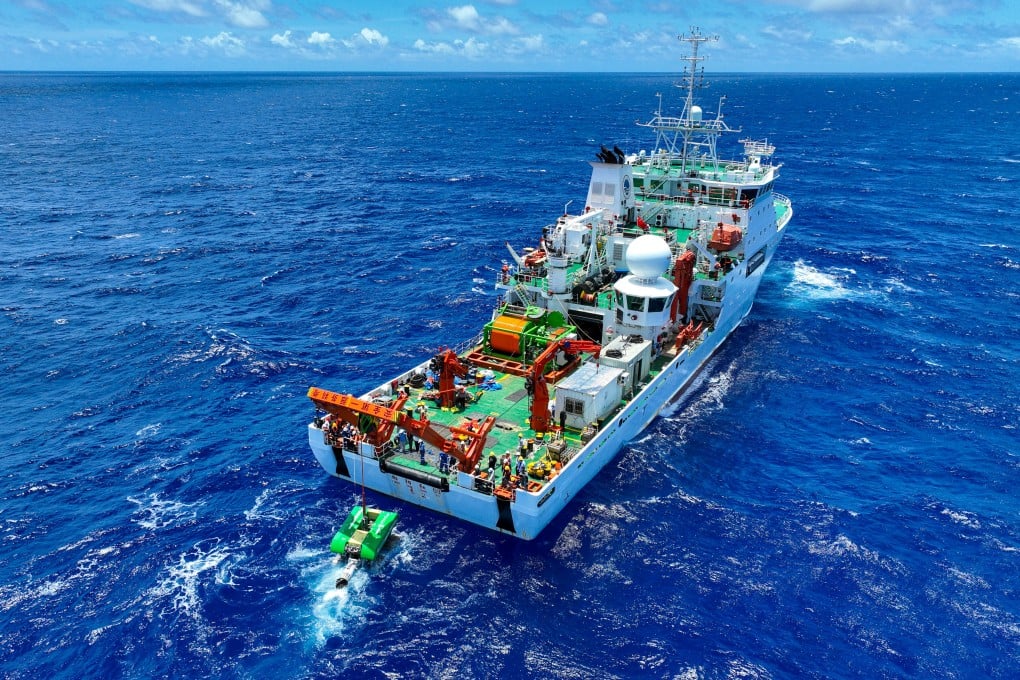
5. Japan Pauses Deep-Sea Mining Plans Amid Global Environmental Concerns
Tokyo, Japan — Japan has announced a pause on its ambitious deep-sea mining plans, joining a growing international movement urging caution over the environmental risks posed by extracting minerals from the ocean floor. The Nippon Foundation had aimed to begin test mining in 2025 and scale up production by 2026, but mounting scientific and policy pressure has led to a reconsideration. Environmental experts warn that deep-sea mining could degrade marine ecosystems, disrupt biodiversity, and cause irreversible damage on a multi-generational scale14.
The International Union for Conservation of Nature (IUCN), including Japan’s own Ministry of the Environment, has called for a halt until robust scientific assessments can be conducted. Japan’s decision reflects increasing global calls for a precautionary pause, as more than 25 countries and hundreds of researchers urge that mining should not proceed without strict regulations and a clearer understanding of the long-term impacts.
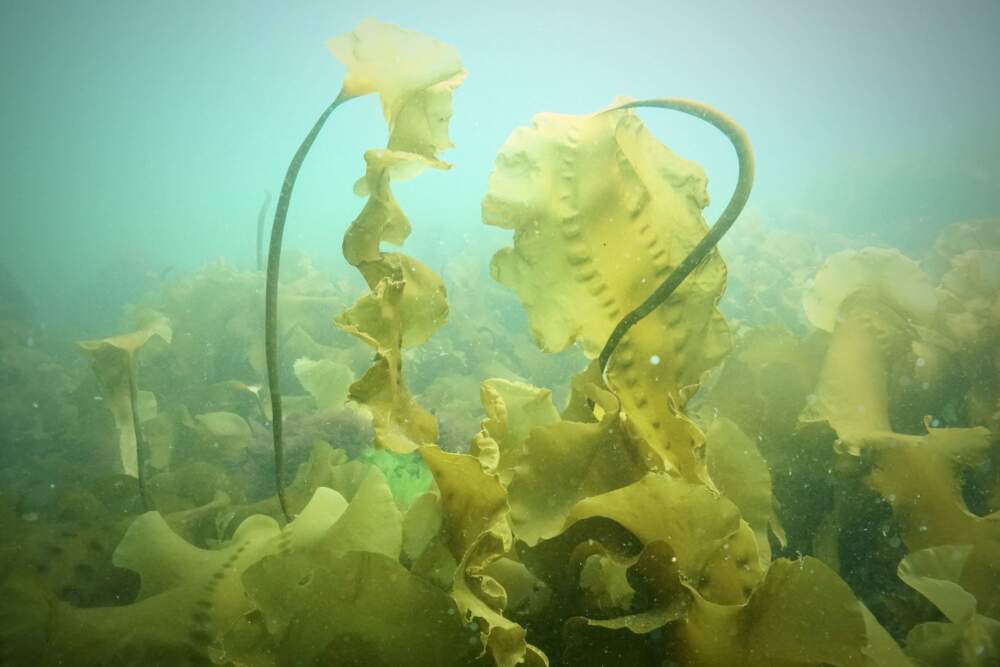
6. Kelp Forests Under Siege: Maine’s Iconic Ecosystem Faces ‘Chemical Warfare’ from Turf Algae
Maine, United States — Kelp forests along Maine’s coast, once a thriving habitat for lobster and countless marine species, are rapidly vanishing as warming waters fuel an invasion of turf algae. A new study published in Science reveals that these mat-like turf algae aren’t just crowding out kelp—they’re waging “chemical warfare.” Researchers from Bigelow Laboratory for Ocean Sciences and the University of Maine discovered that turf algae release potent compounds that kill young kelp, creating a feedback loop that locks the ecosystem in a degraded state.
This chemical sabotage, known as allelopathy, is the first documented case in temperate kelp forests and complicates efforts to restore these vital underwater forests. Scientists warn that simply reversing ocean warming won’t be enough; targeted local interventions to remove turf algae are now essential for any hope of kelp recovery and coastal ecosystem resilience.
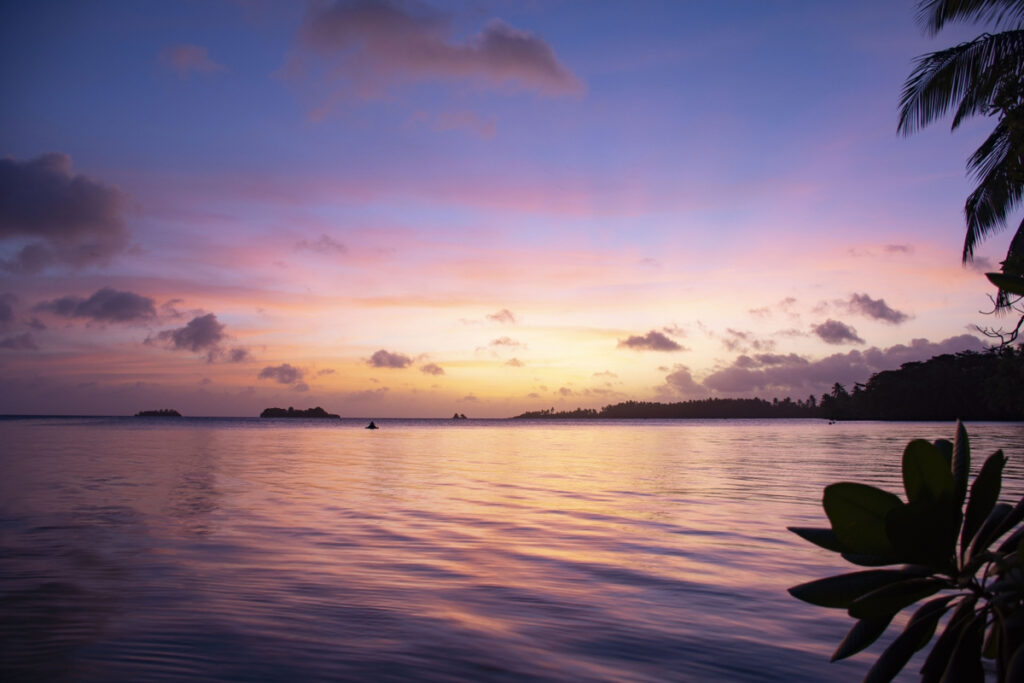
7. Environmental Groups Sue to Stop President Trump’s Order Opening Pacific Monument to Fishing
Washington, United States — Conservation groups have filed a federal lawsuit to block President Trump’s executive order allowing commercial fishing in the Pacific Islands Heritage Marine National Monument, reversing over a decade of protections. The suit argues the Antiquities Act lets presidents create but not remove monument protections. Trump’s April 17 order claims fishing bans pushed U.S. fleets farther offshore, increasing competition with foreign vessels.
Conservationists warn reopening these waters threatens endangered species, coral reefs, and Pacific Islander cultural heritage. The lawsuit, filed by Kāpaʻa, the Conservation Council for Hawaii, and the Center for Biological Diversity, also contends the National Marine Fisheries Service ignored legal requirements for public input and environmental review before implementing the order. Plaintiffs seek a court injunction to restore protections and prevent commercial fishing in these vital waters.
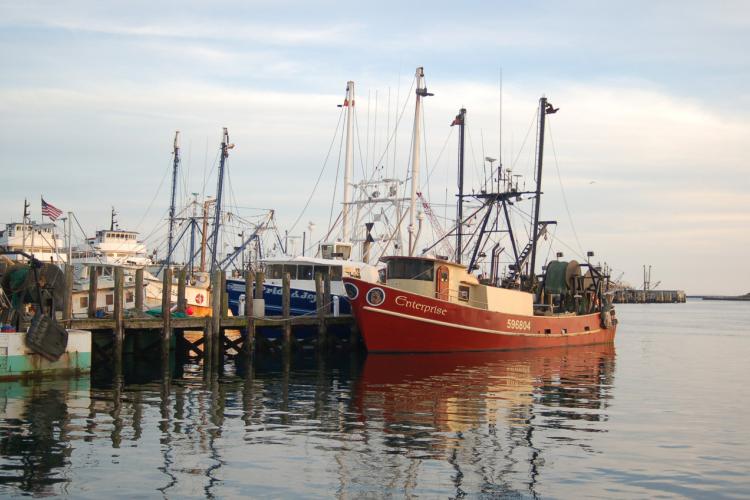
8. NOAA Launches Nationwide System to Help Fisheries Adapt to Rapidly Changing Oceans
Silver Spring, United States — As climate change accelerates, NOAA has unveiled the Changing Ecosystems and Fisheries Initiative to help protect the $321 billion U.S. marine fisheries sector and the 2.3 million jobs it supports. The initiative will deliver a nationwide Decision Support System, providing early warnings, forecasts, and actionable guidance to resource managers, fishing communities, and ocean industries.
Rapidly warming waters, acidification, and marine heatwaves are already shifting fish populations and threatening coastal economies. The new system combines robust ocean outlooks, a public data portal, and regional decision support teams to deliver reliable forecasts, risk assessments, and strategies for resilience. Pilot projects in the Northeast, West Coast, Bering Sea, and Gulf of Alaska have already demonstrated the system’s value. NOAA’s effort aims to ensure sustainable fisheries and seafood production as ocean conditions continue to transform.




